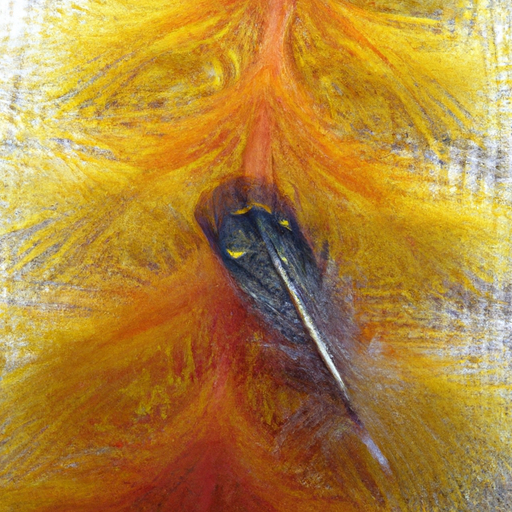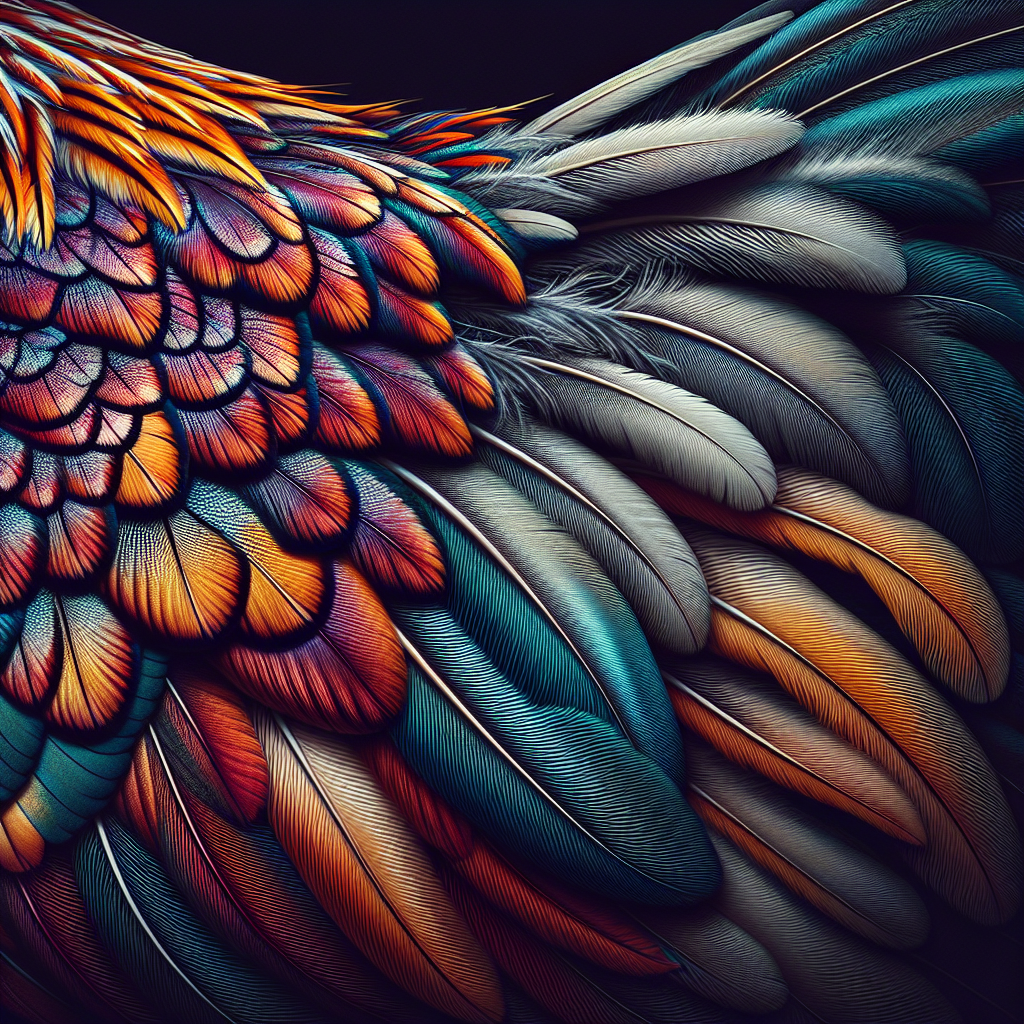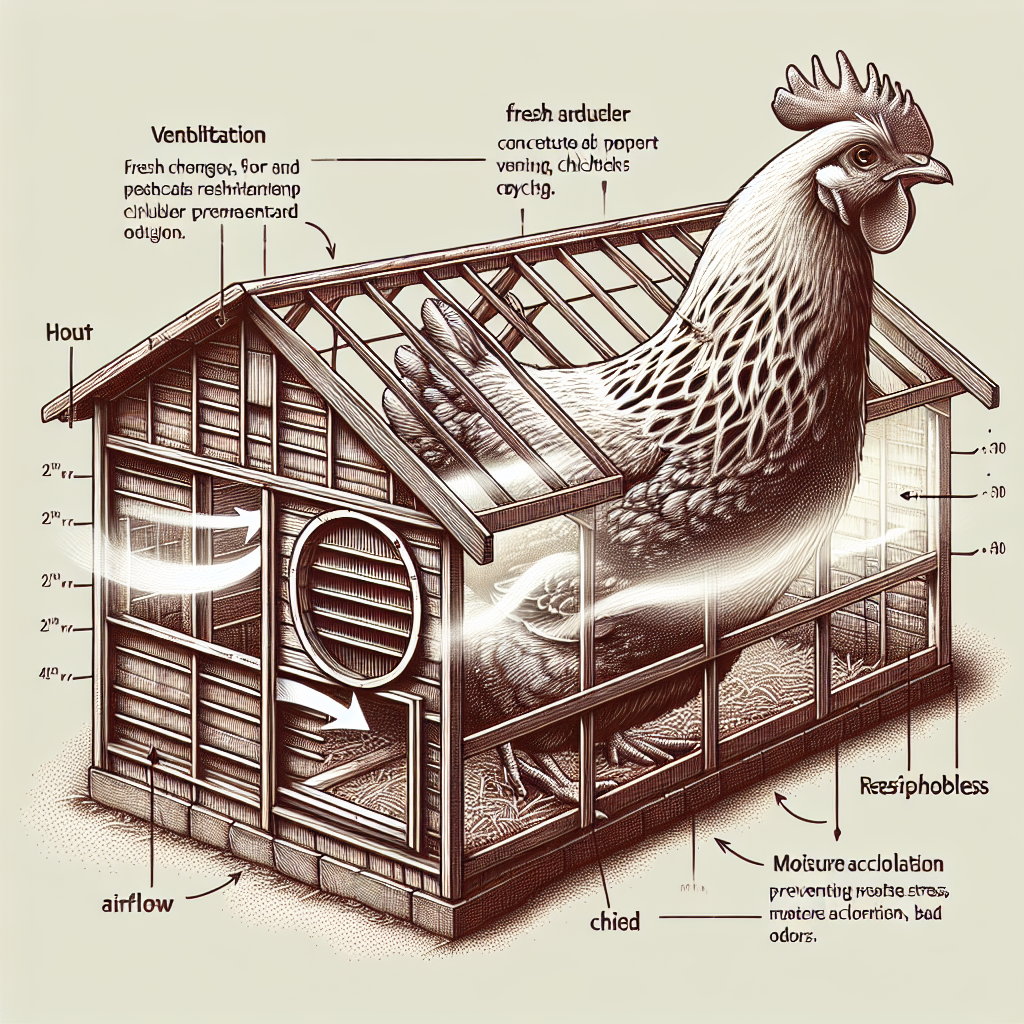You love your chickens and want to keep them healthy and happy, but sometimes pesky external parasites can wreak havoc on their well-being. It’s important to be able to identify these common nuisances and know how to effectively treat them. In this article, we will explore the various types of external parasites that can affect chickens and provide you with practical tips on identifying and treating them, so you can ensure your feathered friends stay parasite-free and thrive.
Identifying Common External Parasites in Chickens
Feather Mites
Feather mites are tiny insects that infest the feathers of chickens. They can cause irritation and discomfort to the birds. Signs of feather mite infestation include excessive itching, feather loss, and even swollen skin. To identify feather mites, carefully examine the chicken’s feathers and skin, paying close attention to areas where mites are commonly found, such as around the vent and under the wings.
Scaly Leg Mites
Scaly leg mites burrow under a chicken’s scales and cause them to become raised, rough, and crusty. Infected birds may limp or have difficulty walking. To check for scaly leg mites, inspect the legs of your chicken closely. Look for any signs of raised scales, crusty buildup, or redness.
Lice
Lice are common external parasites that can infest chickens. They are visible to the naked eye and may be seen crawling on the feathers or skin of the bird. Chickens infested with lice will often exhibit signs of irritation, including excessive preening and feather damage. It’s important to thoroughly examine the feathers and skin to detect the presence of lice.
Fleas
Fleas are another external parasite that can affect chickens. While they are more commonly associated with mammals, chickens can also fall victim to flea infestations. Look for small, dark, fast-moving insects on the chicken’s body or in their environment. Itching, irritability, and restlessness in the birds may indicate a flea infestation.
Ticks
Ticks are blood-sucking parasites commonly found in grassy or wooded areas. They can attach themselves to a chicken’s body and feed on their blood. Ticks can transmit diseases and cause discomfort to the birds. Inspect the chicken’s body, paying attention to areas such as under the wings, around the vent, and on the head for any signs of ticks.
Mites
Different types of mites can infest chickens, including red mites and northern fowl mites. These parasites can cause irritation, feather loss, anemia, and even death if left untreated. Signs of mite infestation include red mite droppings on perches and nesting areas, irritated skin, and feather damage. Regularly inspect your chickens and their living areas for signs of mites.
Maggots
Maggots are the larvae of flies and can infest open wounds or soiled feathers in chickens. They can quickly multiply and cause severe damage if not addressed promptly. Look out for areas of the chicken’s body that appear swollen, contain pus, or emit a foul odor. These may be signs of maggot infestation.
Mud Nests and Nest Boxes
In addition to insect parasites, chickens can also be affected by external parasites in their nesting areas. Mud nests and nest boxes can harbor mites, lice, fleas, and other unwanted pests. Regularly clean and inspect the nesting areas for signs of infestation, such as live insects, eggs, or droppings.
Rodents
Rodents, such as rats and mice, can cause a host of problems for chickens. They can carry diseases, contaminate feed, and damage structures. Look for droppings, chewed materials, or signs of burrowing near the chicken coop or in feed storage areas to identify rodent infestations.
Flies
Flies can cause annoyance and stress to chickens while also posing health risks. They can transmit diseases and lay eggs in manure or moisture areas, leading to maggot infestations. Regularly inspect the chicken coop for signs of flies, such as buzzing flies or maggot activity.
Treatment of Common External Parasites in Chickens
Regular Inspection and Cleaning
Regularly inspecting your chickens for signs of external parasites is crucial in identifying and treating infestations promptly. Take the time to thoroughly examine your chickens’ feathers, skin, legs, and nesting areas. Look for parasites, eggs, droppings, or signs of irritation. Additionally, maintaining a clean and well-maintained coop and nesting area will help prevent the spread of external parasites.
Providing Dust Baths
Dust baths are natural behaviors for chickens and can help prevent and treat external parasites. A dust bath consists of a dry area, usually filled with sand or diatomaceous earth, where chickens can roll and kick up the dust to coat their feathers. Dust baths suffocate and remove parasites from the birds’ bodies. Provide a designated dust bath area in the chicken coop or run, ensuring it is readily accessible to the chickens.
Using Natural Remedies
Natural remedies can be effective in treating external parasite infestations in chickens. Various herbs, essential oils, and other natural substances have insect-repellent properties and can help deter or kill parasites. These remedies can be administered topically or incorporated into the chickens’ environment, such as in bedding or dust bath areas. Consult with a poultry expert or veterinarian to determine the best natural remedies for your chickens.
Using Chemical Treatments
In cases of severe infestations, chemical treatments may be necessary to effectively eliminate external parasites. There are several commercial products available specifically formulated for chicken parasite control. These treatments come in various forms, such as sprays, powders, or shampoos, and should be used according to the manufacturer’s instructions. Exercise caution when using chemical treatments and ensure they are labeled safe for use on poultry.
Applying Topical Treatments
Topical treatments are commonly used to treat external parasites in chickens. These treatments often contain active ingredients that target and kill parasites upon contact. They are typically applied directly to the bird’s skin or feathers, focusing on areas where infestations are observed. Follow the instructions provided with the specific topical treatment to ensure proper application and effectiveness.
Administering Oral Medication
In some cases, oral medication may be prescribed by a veterinarian to address severe infestations or control the spread of certain parasites. These medications are usually administered through the bird’s drinking water or feed. Dosages should be carefully measured and administered as directed to effectively treat the parasites.
Treating the Chicken Environment
Treating the chicken environment is crucial in preventing and eliminating external parasites. Clean the coop regularly, removing any debris, bedding, or droppings that may harbor pests. Consider using diatomaceous earth or other products to treat the flooring and surfaces of the coop, as they can help deter and kill parasites. Ensure proper ventilation and hygiene to create an environment that is less favorable for parasite infestations.
Eliminating Nest Box Infestations
If the nesting areas are infested with external parasites, it is important to address the issue promptly. Remove all bedding and clean the nest boxes thoroughly. Inspect the nesting areas for any signs of parasites or eggs, and treat them with appropriate measures to eliminate the infestation. Consider using natural or chemical remedies specifically designed for treating nesting areas.
Controlling Rodent Populations
To prevent rodents from becoming a source of external parasite infestation in chickens, it is essential to control their populations effectively. Seal any openings or gaps in the chicken coop that may provide access to rodents. Use traps or bait stations to capture and eliminate rodents. Maintenance of a clean and organized coop, proper storage of feed, and removal of potential food sources will help discourage rodent activity.
Preventing Fly Infestations
Preventing fly infestations is crucial in maintaining a healthy and comfortable environment for chickens. Regularly clean and dispose of manure and damp bedding, as these are breeding grounds for flies. Consider using fly traps, sticky tapes, and other fly deterrents around the coop and run area. Fly predators or parasitic wasps can also be introduced to control the fly population naturally.
By familiarizing yourself with the signs and symptoms of common external parasites in chickens, you can take the necessary steps to identify and treat infestations promptly. Regular inspections, providing dust baths, using natural or chemical treatments, and maintaining a clean environment are essential in preventing and managing external parasites. With proper care and vigilance, you can keep your chickens happy, healthy, and free from these pesky parasites.




